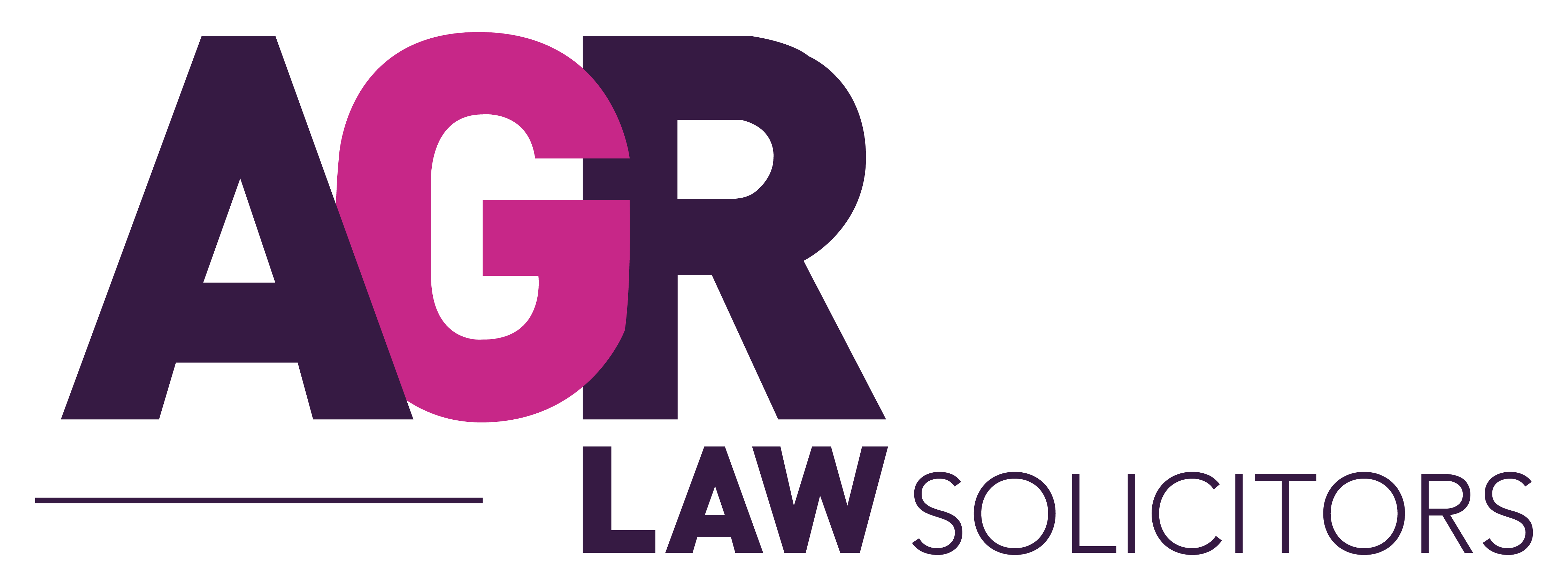The Neonatal Care (Leave and Pay) Bill reached Royal Assent on 24 May 2023 following successful campaigning from charities including Bliss and the Rainbow Trust.
The Act allows the parents of children receiving neonatal care extra paid leave, enabling them to spend important time with their premature or sick babies and preventing them from having to choose between caring for their baby and returning to work.
Neonatal leave and pay has been on the Government’s agenda since the Conservative Manifesto in 2019 and was included in the March 2020 budget. However, despite consultations taking place to include the provisions in their Employment Bill, it was never introduced. Since then, Bliss has been working closely with MPs to introduce the Neonatal Care (Leave and Pay) Bill.
Having a baby requiring specialist care in a neonatal unit after birth can cause a huge financial and emotional burden on parents. This incredibly challenging time, combined with the ever-increasing cost of living, means parents are currently often forced to take unpaid leave to be with their premature or sick baby.
We want to give you an overview of the Neonatal Care (Leave and Pay) Act and explain what it means for both employees and employers.
What is the Neonatal Care (Leave and Pay) Act?
The Neonatal Care (Leave and Pay) Act is defined as ‘A Bill to make provision about leave and pay for employees with responsibility for children receiving neonatal care.’
The key changes are:
- The Act will provide additional paid leave for parents whose babies require neonatal care after birth, aiming to reduce the worry for parents about having to return to work or take unpaid leave, and allowing them to spend more time providing crucial care for their baby
- It will allow parents to take up to 12 weeks of paid leave (for each parent), in addition to other leave entitlements, such as maternity and paternity leave
- The change in law also ensures fathers and partners have the flexibility to share caring responsibilities by increasing the amount of paid leave they can access beyond the usual two weeks of paternity leave
- The Neonatal Care (Leave and Pay) Act will fit alongside Shared Parental Leave, and the flexibility that this provides, which will mean both parents feel able to prioritise their child, and family, in that precious time after birth
- Accrued neonatal leave is taken after an employee’s maternity leave ends. This is because maternity leave is triggered by the birth of the baby and cannot be paused and restarted
Who is eligible?
- The parents of babies who are admitted into hospital up to the age of 28 days, and who have a continuous stay in hospital of seven full days or more, from their first day in a new job
- Statutory Neonatal Care Pay will be paid if the parents meet certain conditions regarding a minimum continual service of 26 weeks with minimum earnings of £123 per week, the same as the Statutory Maternity Pay entitlement
When can parents benefit from the new legislation?
Unfortunately, it is estimated the implementation of the new law won’t be until April 2025, meaning parents won’t be able to benefit until then. However, many charities are lobbying MPs to call for implementation sooner so approximately 120,000 parents don’t miss out on this vital extra support.
What will the new legislation mean for employers?
According to the Bliss Employer Guide:
The Neonatal Care (Leave and Pay) Act provides an excellent opportunity to support employees during a challenging period of their lives. Currently, many employees take sick leave in lieu of any other paid leave option, and some leave the workforce altogether. By implementing a neonatal leave and pay policy, you will:
- Ensure that the leave parents take is predictable (as far as it can be) for them, as well as for you as an employer
- Improve retention by giving parents the time they need before returning to work
- Improve your offer to prospective employees by including neonatal leave and pay as part of your benefits package
- Help your employees focus on their job when they’re back at work – rather than worrying about a baby still unwell in hospital
How can AGR Law help?
We’re an award-winning law firm with offices in Leicester and Northampton. We also offer virtual appointments.
We advise individuals, families and businesses – specialising in family law, and personal and commercial services. Contact us on 0116 340 0094 or hello@agrlaw.co.uk

